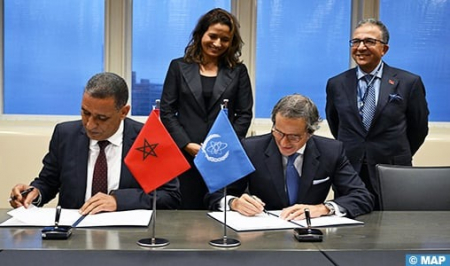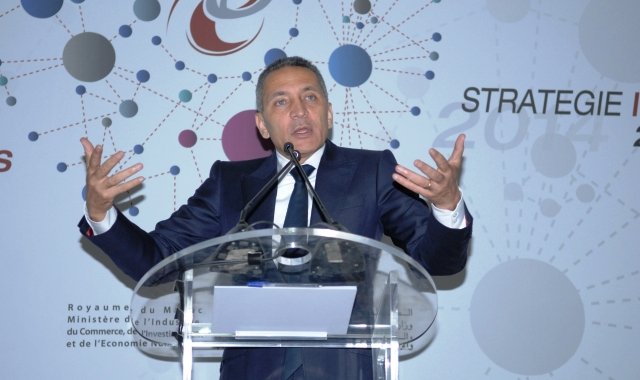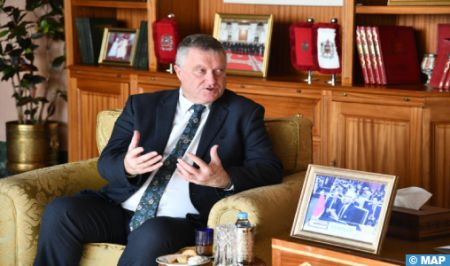Morocco’s National Center for Nuclear Energy, Science and Technology (CNESTEN) and the International Atomic Energy Agency inked two major partnership agreements in Vienna on Monday.
The agreements were initialed by CNESTEN and IAE Director Generals, Hamid Marah and Rafael Mariano Grossi, on the sidelines of the Agency’s 68th General Conference.
The first agreement concerns the second renewal, for the period 2025-2029, of CNESTEN’s recognition as an International Collaborating Center in the use of nuclear and isotopic techniques in three fields: water resource management, environmental protection, and industrial applications.
The second agreement focuses on developing skills and capabilities in the fields of radiological safety, transport safety, radioactive waste safety, and nuclear security.
The aim is to meet Morocco’s growing needs in terms of socio-economic development through better sustainable management of its resources, while continuing to share its knowledge and experience, particularly with African countries.
During the signing ceremony, IAEA’s Director General handed out two awards to Marah in recognition of CNESTEN as a collaborating center of the Agency in peaceful nuclear applications.
As recalled by Moroccan Minister of Energy, Leila Benali, in an address before the IAEA 68th General Conference, CNESTEN was awarded Africa’s first distinction as an International Center for Research Reactors (ICERR), while the National Institute of Oncology (INO) had been designated an anchor center under the “Rays d’Espoir” initiative.
The National Centre for Scientific and Technical Research (CNRST) was designated last September as a Collaborating Center in the fields of molecular biology and genomics, while the Moroccan Agency for Nuclear and Radiological Safety and Security (AMSSNuR) created, in collaboration with the IAEA, “the African School for Radiological Safety Regulators,” Benali said.
These institutions have already begun offering training courses, including to numerous African experts, the minister pointed out, adding that Morocco has shared its technical expertise with over 40 African member states.
The official recalled that Morocco is committed to the principles of South-South cooperation and African solidarity, and is resolved to continue its efforts in favor of multilateral endeavors to use nuclear technology for peace and development.
The Kingdom remains “fully committed” to continuing to share, bilaterally or in cooperation with the IAEA, its experience with partners in promoting the use of nuclear applications in science and technology for peaceful purposes, she said.



